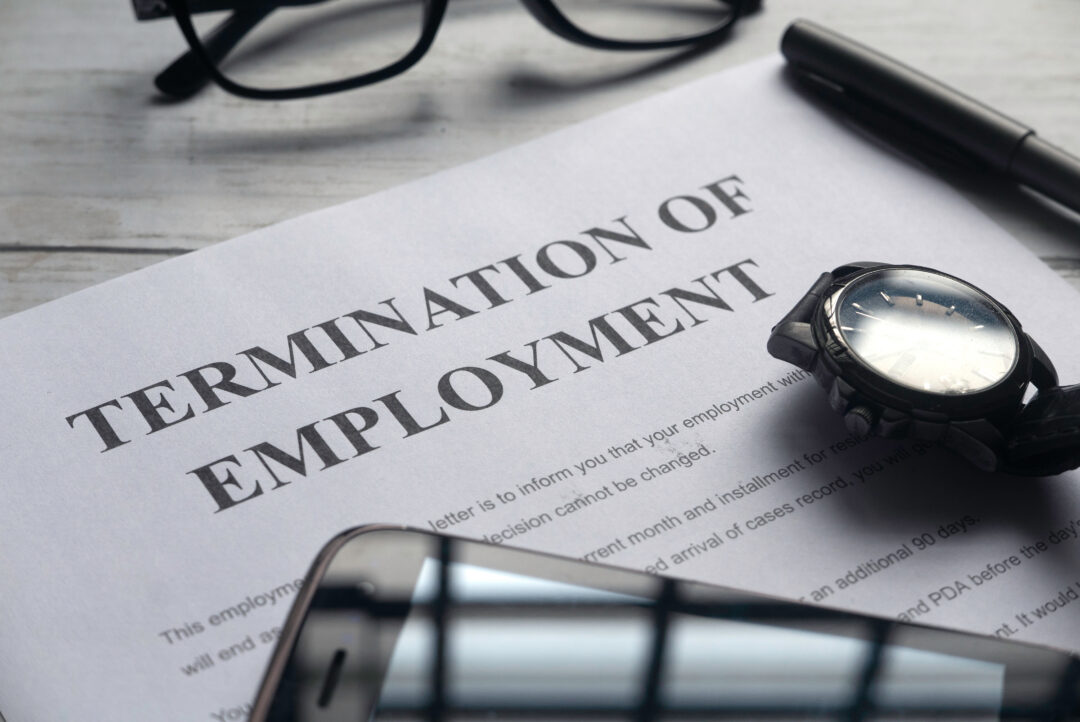- 03 Jan 2024
- •
- 6 min read
Employment alert - Working time update

What’s happening?
A large part of the Retained EU Law (Revocation and Reform) Act 2023 came into force on 1 January 2024. The Act effectively changes the way EU law interacts with UK Law. This article looks at the clarifications brought under the employment law specific regulations and confirms the additional details set out in the government guidance published on 1 January 2024.
Changes to Holiday Pay
From 1 January 2024 the following payments must be included when calculating a ‘week’s pay’:
- payments, including commission payments, which are intrinsically linked to the performance of tasks which a worker is obliged to carry out under the terms of their contract;
- payments for professional or personal status relating to length of service, seniority or professional qualifications; and
- other payments, such as overtime payments, which have been regularly paid to a worker in the 52 weeks preceding the calculation date.
This will apply to the first 4 weeks (holiday derived from EU law) of the 5.6 weeks holiday workers are entitled to. Note the UK has topped up holiday for UK workers by a further 1.6 weeks which is why there is a distinction.
The new definition poses some problems as to whether some or all bonus payments will be included. However, the non-statutory government guidance seeks to assist employers by reminding us that underlying these calculations is the following principle. An employee should not be financially penalised for taking holiday. Put another way, the employee should receive the same pay whilst on holiday as they would have received had they been at work. As a result, it suggests that ‘regular payments’ linked to time worked such as regular overtime, commission and bonuses should be included. Whereas, where a payment is made irrespective of time worked, for example an annual bonus based on company performance, then this could be excluded. It becomes far less clear where there is an annual bonus linked to the time worked, for example for individual performance. In this case, employers will need to consider whether it should be included on a case-by-case basis.
Holiday Accrual for Irregular & Part-Year Workers
The new legislation says:
- An ‘irregular-hours worker’ will be a worker whose hours are wholly or mostly variable. This is likely to catch casual workers and some agency workers.
- A ‘part-year worker’ will be a worker who contractually works only part of the year and there are periods within that year of at least 1 week where they do not work and are not paid. For example, teaching assistants who only work during term time and are only paid when working.
There is no change in how statutory holiday accrues for workers who are not irregular hours or part-year workers. There is also no change for accrual for irregular and part-year workers for holiday years that begin before 1 April 2024. However, for holiday years beginning on or after 1 April 2024, irregular & part-year workers will accrue holiday at 12.07% of actual hours worked in a pay period (e.g. monthly if paid each month). This is based on the statutory entitlement of 28 days for a full time equivalent. Note any additional contractual holiday will need to be dealt with in accordance with the terms of that contract.
When calculating accrual for such workers who are on sick leave, maternity or other family-related leave, employers can use the preceding 52 weeks to work out the average hours worked across that period to establish the holiday that should accrue during leave. The 52 weeks must not include weeks where the worker is on sick leave, maternity or other family-related leave, however weeks not worked for any other reason should be included (in contrast to the pay calculation below).
Holiday Pay for Irregular & Part-Year Workers
Under the new entitlement, for holiday years beginning on after 1 April 2024, employers have two options for paying holiday pay to such workers:
Option 1: The employer pays holiday when the holiday is taken. It is calculated at the normal ‘weekly pay’ (defined above) using the existing 52-week reference period for irregular hours (or where the worker has not worked the full 52 weeks, the weeks they have worked). This does not include weeks where a worker was not entitled to be paid because they did not work (in contrast to the accrual calculation above) and therefore employers can go as far back as 104 weeks in order to include weeks where the worker was paid in the calculation.
Option 2: The employer can satisfy holiday pay obligations by paying holiday pay at the same time as basic salary (‘rolled up’ holiday pay). However, to do so, they must comply with the following:
- Holiday pay must be a minimum of 12.07% of a worker’s total pay for hours they have worked during that pay period, in addition to their normal salary.
- Holiday pay must be paid at the same time as when renumeration for work done is paid (i.e. pay as you go
’). - The worker must be informed that the employer intends to start using rolled-up holiday pay if this is not provided for under their employment contract.
- The employer must provide an itemised pay statement showing the ‘rolled up’ holiday pay separately.
- If a worker is paid in this way but subsequently goes on sick leave or statutory leave they must be paid the average holiday pay they were paid before they went on sick leave, using the 52 week reference period (set out in option 1).
Changes to Holiday Carry-Over Rules
Two years after the last UK lockdown, we finally see the Covid-19 carry over rules disapplied. Under the previous rules, someone ill with Covid-19 could carry up to 4 weeks of holiday into the following leave year. From 1 January 2024, workers can no longer accrue COVID carry over leave. If a worker has previously carried over annual leave under these provisions, they must take it by 31 March 2024 or the accrued holiday will be lost. Employers cannot pay workers in lieu of this unless their employment terminates before that date. Under the new rules, from 1 January 2024, workers can only carry over statutory holiday in the following circumstances:
- If they couldn’t take holiday because they were on statutory leave (e.g. maternity leave, shared parental leave etc), they can carry forward up to 28 days of their leave into the following leave year. This must be taken in the next holiday year.
- If they couldn’t take holiday because they were off sick, they can carry holiday forward which must be taken within 18 months starting from the end of the leave year in which it was accrued:
- Irregular-hour and part-year workers can carry forward up to 28 days under this rule.
- Regular all-year-round workers can carry forward up to 20 days under this rule.
- If they were refused pay for the holiday, not given reasonable opportunity to take their holiday and encouraged to do so, or were not informed they would lose their holiday as it couldn’t be carried forward, the untaken leave they were entitled to take can be carried forward into the next holiday year.
Record Keeping
Employers will no longer need to keep full records of all daily working hours. Instead, employers only need to create and maintain records in a way that they think “reasonably fit”. This means that employers should ensure that they record sufficient information to investigate and manage any employee complaints should they arise.
TUPE
For transfers on or after 1 July 2024, businesses who employ fewer than 50 employees or where there are fewer than 10 transferring employees can consult directly with employees where there are no appropriate employee representatives and no elections for representatives have been called.
Whilst this would avoid the administrative burden of electing employee representatives, it may not be quite as useful as it sounds. If employers rely on this exception, they will need to consult with each employee as if the employee was a representative which could be impractical. For example, individually consulting with 49 employees individually may cause a greater administrative burden than consulting with a few representatives.
The legislation uses the word ‘may’ rather than ‘must’ so businesses can still arrange for employee representatives to be electives and carry out consultation in the normal way via employee representatives should they wish.
What should you do?
Stay Tuned: Further guidance is likely to be published in the coming months, clarifying areas of concern. We will update you as such guidance is issued.
Consider: Consider whether you want to take advantage of the new rolled-up holiday scheme for ‘irregular-hour’ or ‘part-year’ workers. In doing so, consider the administrative changes that will be required alongside any such change.
Take Advice: If your pay schemes are heavily reliant on payments other than base-salary, such as commission, overtime or bonuses, consider taking advice over what the new definitions will mean for your business. Further, choosing to take advantage of the rolled-up holiday pay scheme may amount to a variation of the employment contract. Consider taking advice before paying rolled-up holiday pay.
If you would like to talk to our expert Employment team, please please call us on 0800 2800 421 or contact us using the form below.












